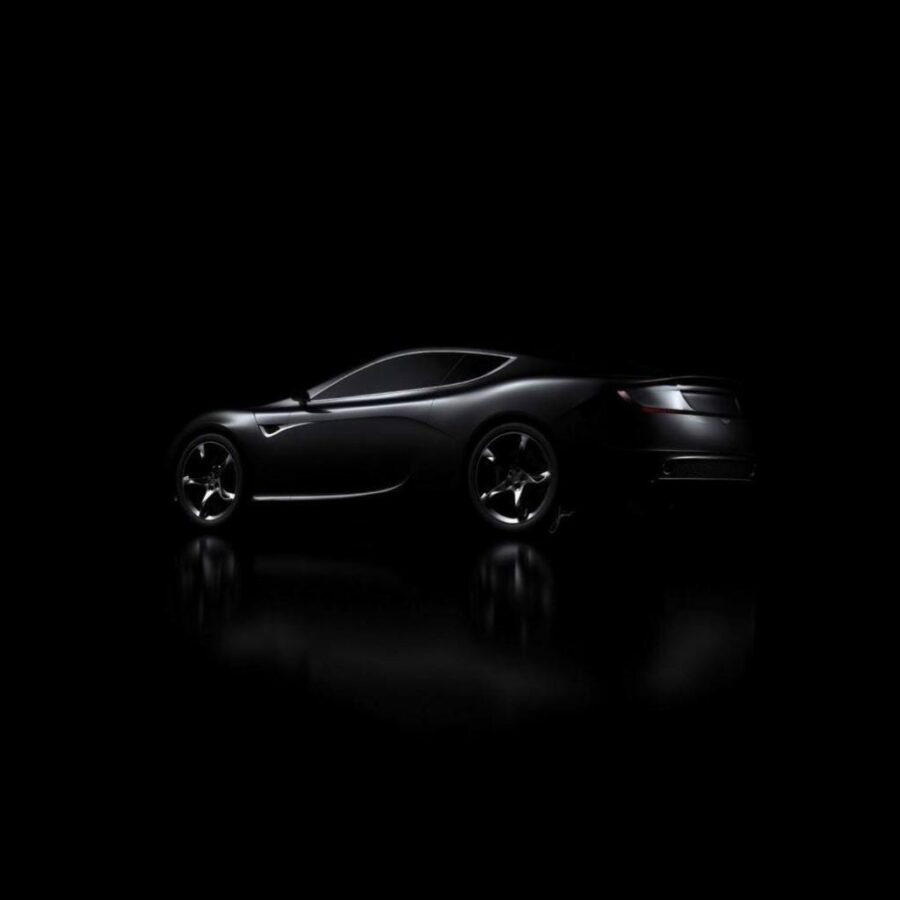I have always believed that a person’s car can say an awful lot about them.
In the UK, most of us take great pride in our cars, and our choice of ‘wheels’ – and the way we look after them – can often be seen as a reflection of the kind of individual we are.
So what is it about our car choice that supposedly reveals the depths of our personality?
For starters, the type of vehicle, make and model is important. Not only can it sometimes indicate the obvious (i.e. if you’re driving an MPV you’re likely to have a family – and apparently this can make you ‘invisible’ to the opposite sex), but it can also give an insight into some of your personality traits.
For instance, if you drive a convertible psychologists assume you are energetic, active and outdoorsy. Although it would be quite simply impossible to stereotype every car owner, it’s said that most sports car owners like their lives the way they like their cars. I can see the reasoning behind that statement (I myself drive a little sporty number).
Then, of course, there’s the colour of the cars we purchase. Why have I always wanted a black car? Being honest, I have no idea why, I just have.
However, research shows that people who drive black cars are more rebellious, and that black became a ‘sexy’ and sleek colour for cars in the 1980s (what a fantastic era). Black also stands for luxury, sophistication, and is a ‘power’ colour. Black apparently declares itself as important, classic and in control and according to one Alfa dealer is a bit of a ‘London thing’.
The experts say those of us that own silver cars like to conform, are calm and sometimes aloof. Silver does certainly seem to be a safe choice. Whereas, those that own white cars often seek status, and like to be seen as fresh, young and modern (this can be referred to as ‘the ipod effect’), or maybe they are just driving a rental car!
A Pantone colour expert believes purple car owners are most likely to be original, individualistic and creative types (but I have to say I’m not sure I’ve ever even seen a purple car). Then, if you own an emerald green car you are expected to have an upbeat attitude, but might be prone to mood swings.
Apparently, grey cars project an image of maturity and dignity, red signifies confidence, and blue is a practical but happy colour.
Playing devil’s advocate, it could of course be the case that lots of individuals really just don’t mind what colour their car is. Perhaps they would rather focus on make, model, functionality and what great deals are out there on cars which haven’t sold well because they are an awful burnt orange colour? Honestly, who actually wants to buy a car that colour? I guess there must be someone.
To round off this part of my colour debate (because this could go on forever), the AA has previously published statistics on the most popular car colours in the UK, with the trend last year being ‘back to black’.
In terms of reselling your car, the AA unsurprisingly states that silver and black are the most saleable colours.
It’s also interesting to see how manufacturers are using colour these days – two-tones, multiple combinations and bespoke offerings – to provide a more personal ‘experience’ in terms of how we tailor our cars to fit our own personalities.
From a PR perspective, and in our possibly over politically-correct modern world, manufacturers have to be careful and clever in terms of how they promote certain colour options. Just because a car has a pink colour scheme, does that mean the manufacturer shouldn’t be seen to be promoting it to women (as that could be perceived as sexist)? This is a sensitive topic.
Some marques, to check they are getting the promotion of certain colour schemes right, have even embarked on social adventures to crowd-source names for new paint options. For example, Nissan, in relation to their all-new X-Trail, ran a project earlier this year allowing the public to make suggestions via Facebook and Twitter using the hashtag #ColourOfAdventure. Since then, other manufacturers have tried this approach too, and we are likely to see many more campaigns like this in the near future. Watch this space.
Lastly, I’m just going to leave you with this little fact (from a study): apparently men (not women) tend to purchase vehicles based more on looks than practical features. #JustSaying
Here’s a related quiz – Enjoy!
















